Cattle Nutrition
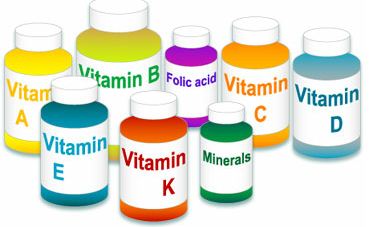
What are the Vitamins, Minerals and Hormones?
Vitamins Vitamins are catalysts. These catalysts are enhancing the rate of reaction, and they are initiating reactions. Water-soluble vitamins are B Complex and Vitamin C. Fat-soluble vitamins are A, D, E, and K. Rumen bacteria produces the B Complex vitamins and Vitamin K. Minerals Minerals are macro and microelements, macro minerals like calcium, and phosphorus…
read more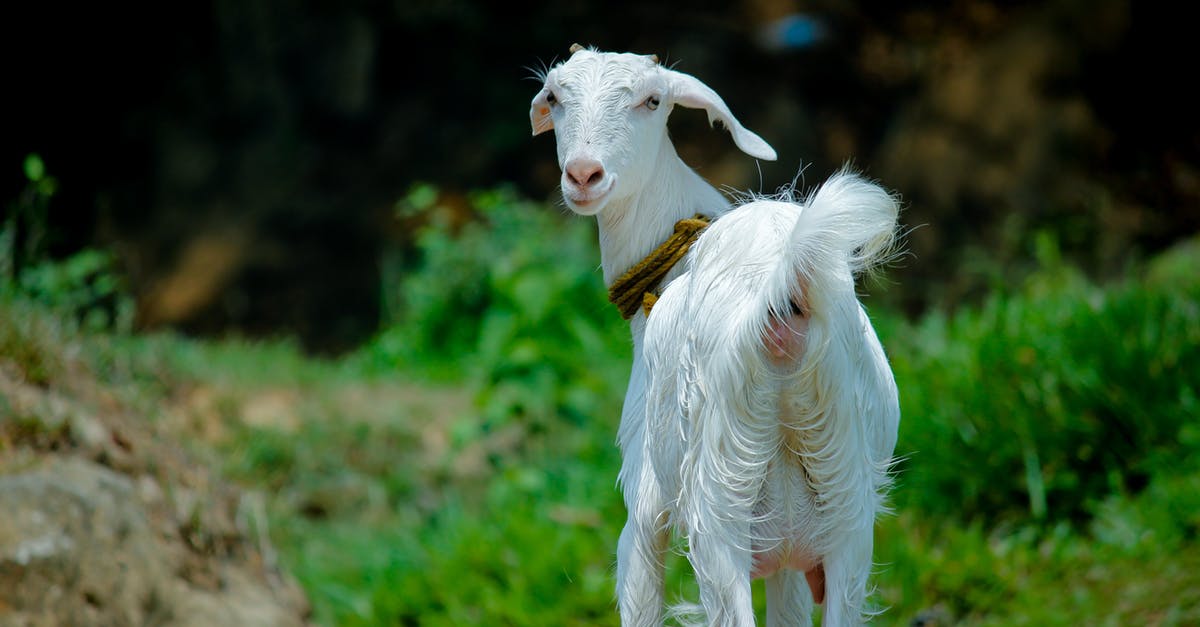
Why Goat Milk Considered Superior to Buffalo Milk
Introduction Goat is the first livestock to be domesticated. It gives milk, hide, meat and hide. The milk is the best milk because the fat globules found in goat milk are smallest of the all milk. The Fat globules size is next to the size of human milk. The cow milk fat globule size is…
read more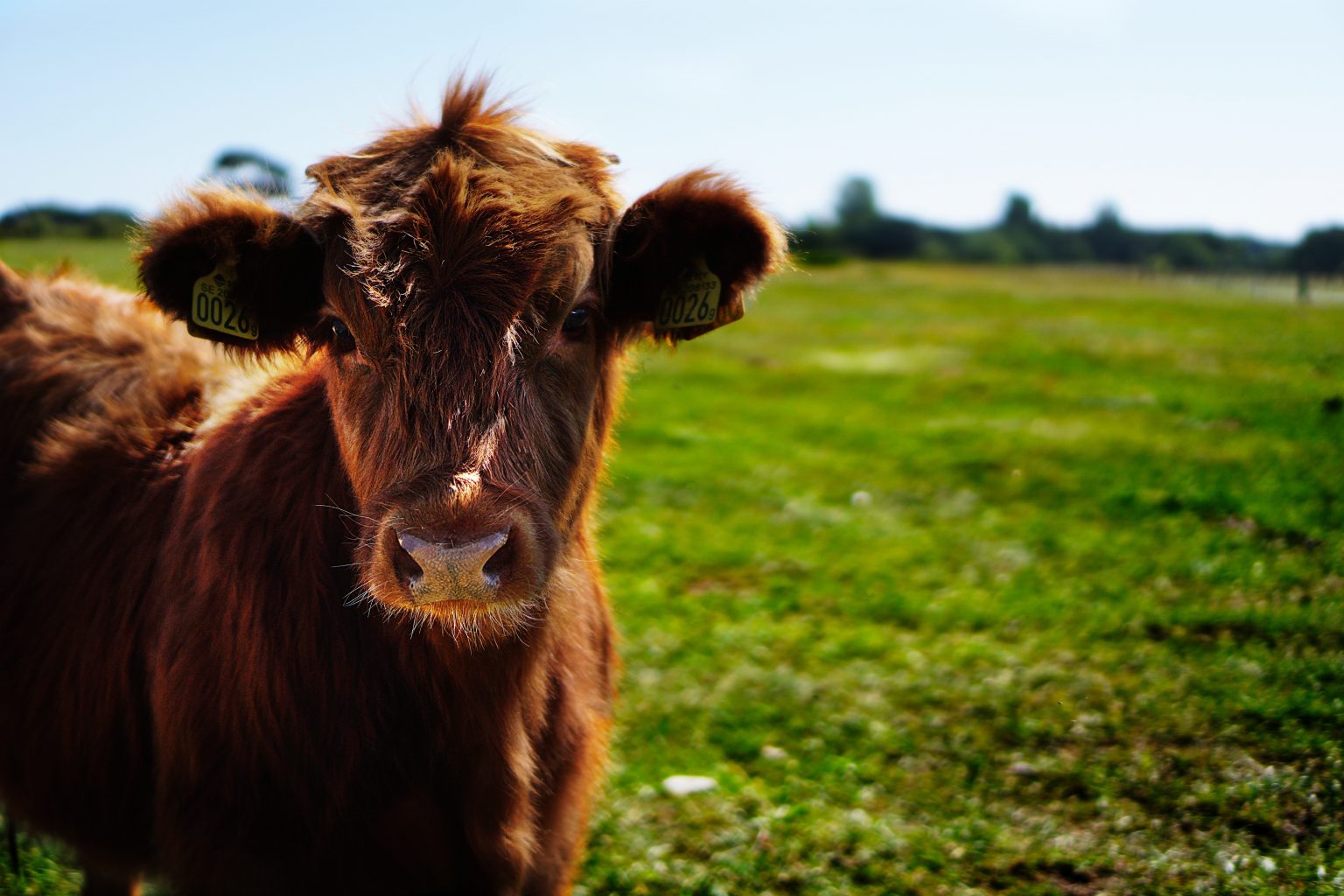
Calf Feeding: What is Balanced Feed
Introduction Forovercoming Repeat Breeding the calf should be reared according to the standards. The standard is that Holstein cow should be 100kg in 100 days. For this in brief the calf should be given colostrum just after birth, then it should be given milk amounting to 1/10th of its body weight. After 10 days, the…
read more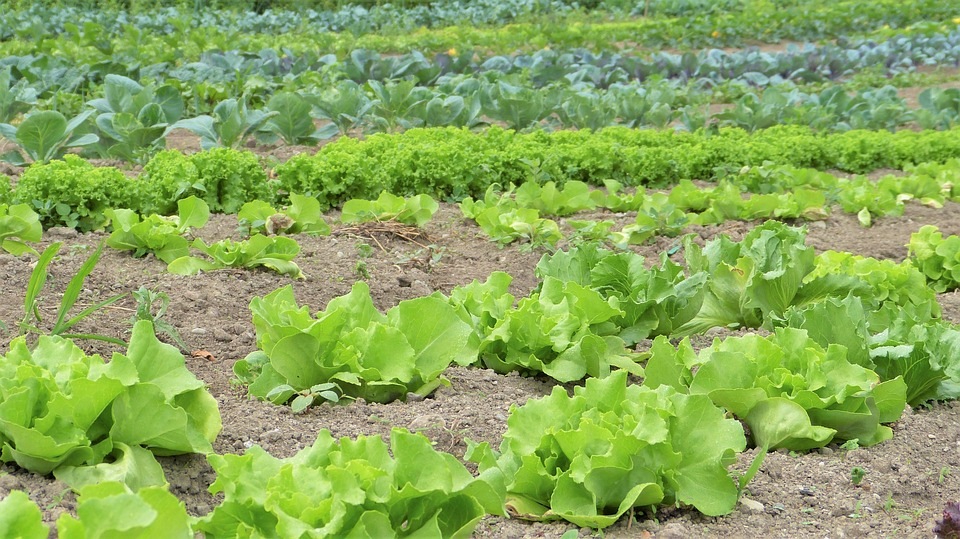
Is Cow Dung is Producing Organic Farm Products?
The Organic vegetable, cereal, and horticulture producing farmers claim that they do not use chemical fertilizers, herbicides, weedicides and pesticides. For growing vegetables cereal and fruits. I completely agree that the cow dung with its nutrients and microflora is a good substitute of fertilizers and weedicides, pesticides and fungicides. It seems that products are organic…
read more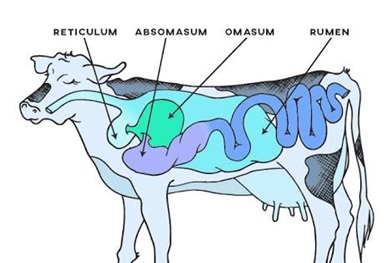
Digestive Physiology of the Ruminant (COW)
Rumen has four compartments, and the rumen itself is 57% of all the compartments. In the baby calf, it is 30%. The second area is reticulum it is 57% of all the compartments. This is also called honeycomb area and also known as hardware area because cow eats wire or nail it is lodge in that…
read more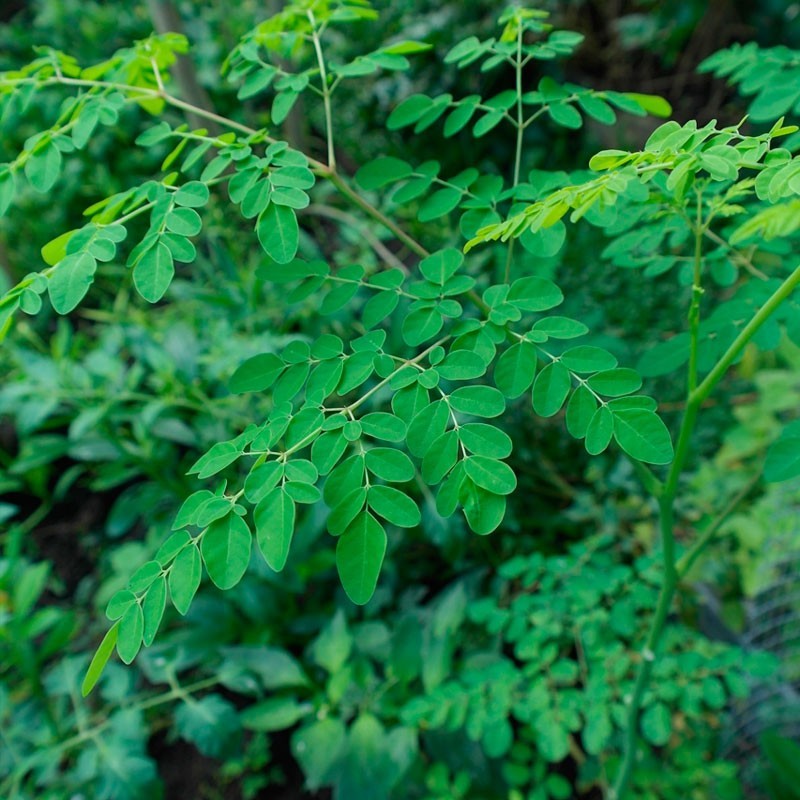
नया सस्ता चारा – अजोला तथा मोरंगा
अजोला सूखे में या बिना पानी के इस पौधे की मृत्यु हो जाती है। इसलिए पौधे को अजोला कहा जाता है। इसको मसकीटो फर्न, डक वीड फर्न, फेरी फर्न, फेरी मांस या वाटर फर्न कहते है। इस फर्न पती के नीचे एनीवीना एजोली नाम का जीवाणु लगा रहता है। जो कि वायुमण्डल से नाइटोजन लेकर…
read more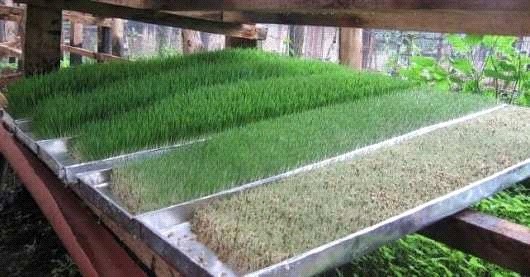
SILAGE MAKING AND HYDROPONIC FODDER
By making Silage, we can harvest all the crops in one day. Silage may be made by the landed farmer. If the landed farmer is cultivating maize on his own land then he has to invest in seed irrigation and fertilizer including labour cost all this accounts for Rs. 2000/- per Acer and in two…
read more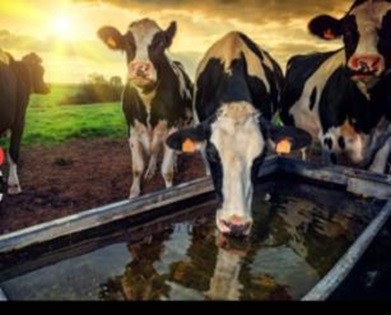
FEEDING COW AND CALF
Fodder feed and Water requirement for Cow and Calf Water Requirement After milking water is necessary, in hot climate cow takes about 80 liter of water and in cold 40 liters. The automatic water system is shown in figure. The more is dry fodder the greater is water need. Bhusa has no water, berseem contains…
read more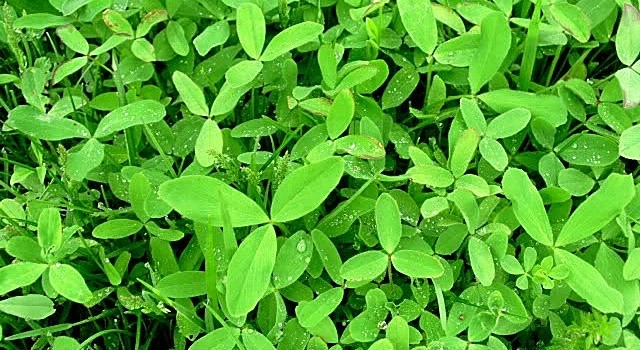
FODDER CULTIVATION
How to grow Maize This is best crop for cows. It can be grown in black and red soil. The pH of the soil should be 5.8 to 8.0 one hectare area needs 60 kg seeds. It gives 35 kg nitrogen and 40 kg P2O3 at flowering. The distance between lines should be 20 to…
read more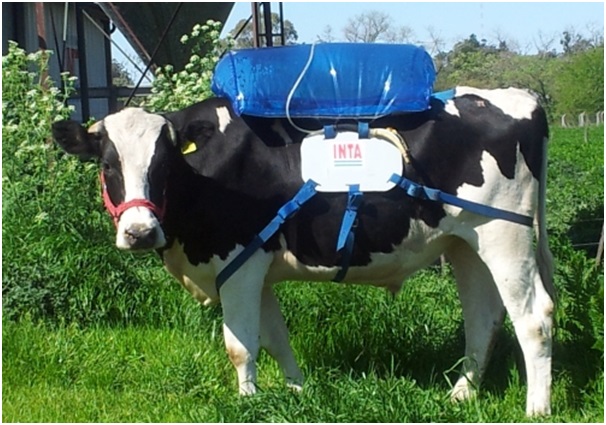
Global Warming and Cattle
Due to industrialization in developed countries the carbon dioxide and methane level of atmosphere has increased. This gas resulted in warming because of heat coming from sun, is not reflected back in atmosphere. This is also known as green house effect. The methane is also produces rumen due to presence of methanogenic bacteria. The cows…
read more